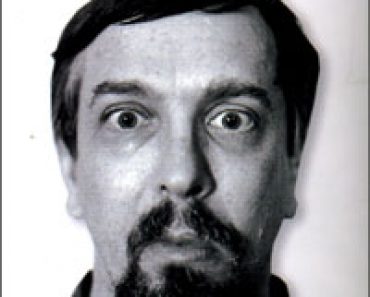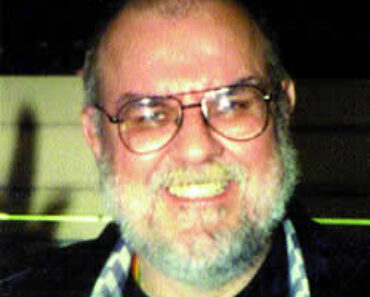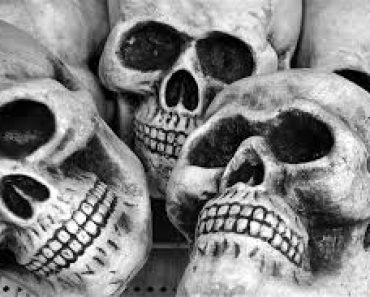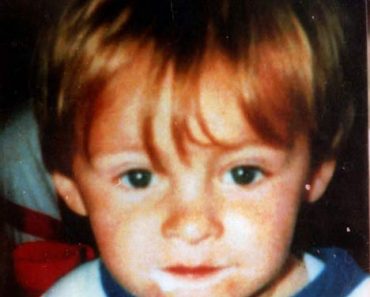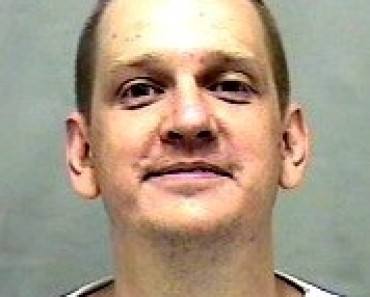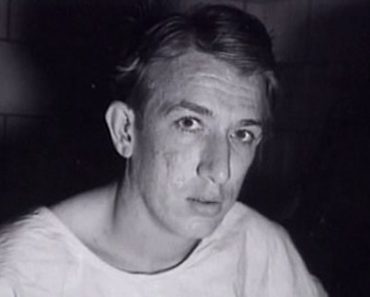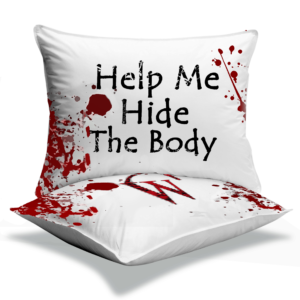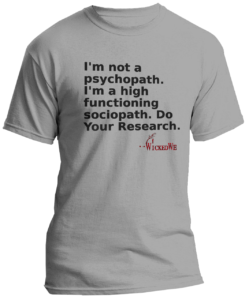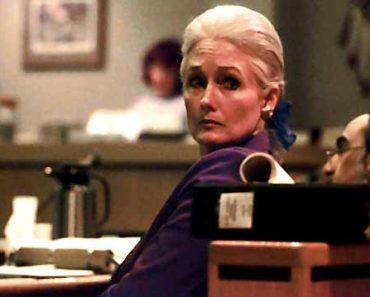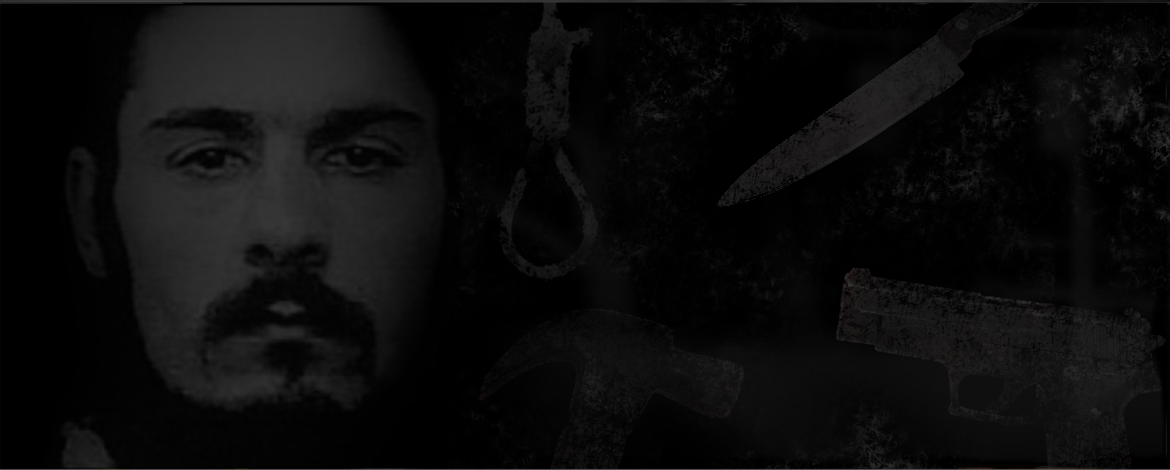Find a term:
Find Terms & Definitions.
Definition
Schizophrenia is a long-term mental disorder of a type involving a breakdown in the relation between thought, emotion, and behavior, leading to faulty perception, inappropriate actions and feelings, withdrawal from reality and personal relationships into fantasy and delusion and a sense of mental fragmentation.
The exact cause of schizophrenia isn’t known, but a combination of genetics, environment and altered brain chemistry and structure may play a role. Schizophrenia is characterized by thoughts or experiences that seem out of touch with reality, disorganized speech or behavior and decreased participation in daily activities. Difficulty with concentration and memory may also be present.
Problems with certain naturally occurring brain chemicals, including neurotransmitters called dopamine and glutamate, may contribute to schizophrenia. Neuroimaging studies show differences in the brain structure and central nervous system of people with schizophrenia. While researchers aren’t certain about the significance of these changes, they indicate that schizophrenia is a brain disease.
Schizophrenia
Schizophrenia : a mental illness that is characterized by disturbances in thought (such as delusions), perception (such as hallucinations), and behavior (such as disorganized speech or catatonic behavior), by a loss of emotional responsiveness and extreme apathy, and by noticeable deterioration in the level of functioning in everyday life
Schizophrenia often involves an inability to orient oneself with reality, a withdrawal from social interactions, and a failure to integrate thoughts with emotions so that emotional expression is inappropriate.
There are several subtypes of schizophrenia, including paranoid schizophrenia and those types marked by catatonia or hebephrenia.
Source: merriam-webster.com
Schizophrenia involves a range of problems with thinking (cognition), behavior and emotions. Signs and symptoms may vary, but usually involve delusions, hallucinations or disorganized speech, and reflect an impaired ability to function.
Symptoms can vary in type and severity over time, with periods of worsening and remission of symptoms. Some symptoms may always be present.
In men, schizophrenia symptoms typically start in the early to mid-20s. In women, symptoms typically begin in the late 20s. It’s uncommon for children to be diagnosed with schizophrenia and rare for those older than age 45.
Common Signs of Schizophrenia.
Symptoms of schizophrenia develop slowly over time and may begin in the early teen years
Individuals that exhibit psychopathic traits don’t necessarily engage in psychopathic behavior. Only individuals with psychopathic traits who also exhibit antisocial behavior are considered to be psychopaths.
Schizophrenia traits commonly include:
- experiencing a significant drop in grades or job performance
- suddenly having trouble thinking clearly or concentrating
- suddenly becoming suspicious of others or having paranoid thoughts
- spending more and more time alone and isolated
- having new passionate ideas that seem strange to others
- having strange feelings or seeming like they experience no feelings at all
- having less or no interest in how they look
- finding it difficult to tell the difference between what’s real and what’s not real
- being unable to speak clearly or struggling to communicate with others
Source: psychcentral.com
Three Categories
Symptoms of schizophrenia tend to fall into one of three categories:
1.) Positive Symptoms: People with schizophrenia do not perceive reality the same way others do.
2.) Negative Symptoms: These are things that become absent from their lives. Interaction with others and/or interest in everyday activities.
3.) Cognitive Symptoms: Trouble paying attention, difficulty concentrating and/or remembering things
Diagnosing Schizophrenia
To make a diagnosis of schizophrenia, a doctor performs a physical exam and conducts a thorough review of a person’s medical, psychiatric, and family history. The doctor may ask the person to describe any distressing experiences and perceptions. In addition, he or she asks about any concerns the person may have about achieving life goals as a result of new difficulties with motivation or cognition. Safety is also carefully assessed.
To receive a diagnosis of schizophrenia, a person must have experienced at least two of the following symptoms most of the time during a one-month period, with some level of disturbance being present for six months. At least one of the symptoms must be delusions, hallucinations, or disorganized speech.
- Delusions – such as a belief that a person is being poisoned
- Hallucinations – such as hearing a voice that issues orders
- Disorganized Speech – such as logic that is difficult for others to understand
- Catatonic Behavior such as coma-like inactivity to hyperactivity
- Reduced Ability to Function – such as neglecting basic hygiene
Source: nyulangone.org
Schizophrenia
- Delusion: a firmly-held idea that a person has – despite clear and obvious evidence that it isn’t true.
- Delusions are extremely common in schizophrenia, occurring in more than 90% of those who have the disorder. Often, these delusions involve illogical or bizarre ideas or fantasies. These fantasies may include:
- Delusions of persecution: The belief that others are out to get them.
- Delusions of reference: A neutral environmental event is believed to have a special and personal meaning.
- Delusions of grandeur: Belief that you are a famous or important figure.
- Delusions of control: Belief that your thoughts or actions are being controlled by outside, alien forces.
- Persecution: The most common delusion for the schizophrenic is the delusion of persecution. It’s when one is convinced that someone is mistreating, conspiring against or planning to harm them or someone they love. At times the false belief can be something improbable but not impossible. For instance, they may believe their neighbors is spying on them or fear that the police are following them. At other times however, their delusions are completely irrational, such as believing the devil or dead spirits intend to abduct them and take them into a dark underworld.
- Reference. A delusion of reference is the belief that un-related occurrences in the external world have a special significance for the person with schizophrenia. The false conviction that the actions of others and events occurring in the external world have some special meaning or significance (typically negative) in relation to oneself. (www.onedoor.org.au)
- Examples of delusion of reference might be:
- Believing that somehow everyone on a passing city bus is talking about them.
- Feeling that people on the television or radio are either talking about them or talking directly to them.
- Believing that headlines or articles in newspapers have been written exclusively for them.
- Believing that events (even world events) have been deliberately contrived for them or have special personal significance for them.
- Believing that the lyrics of a song are specifically about them.
- Believing that the normal function of cell phones, computers, and other electronic devices is to send secret and significant messages that only they can understand or believe.
- Perceiving objects or events as having been deliberately set up to convey a particular meaning to themselves.
- Thinking “that the slightest careless movement on the part of another person had great personal meaning…increased significance”.
- Thinking that posts on social networking websites or Internet blogs have hidden meanings pertaining to them. (en.wikipedia.org)
Grandeur: A delusion of Grandeur is the false attribution to the self of great ability, knowledge, importance or worth, identity, prestige, power, accomplishment, or the like. The delusions are generally fantastic and typically have a religious, science fictional or supernatural theme. Examples would be:
- a belief in having the power to end a war
- a belief that one is famous or occupies a high position in society
- a belief that one is a religious leader
- a belief in one’s ability to live forever
- a false belief that one cannot be harmed by disease or injury
- an inflated sense of intelligence
- a belief that one possesses magical skills, such as the ability to read minds
Symptoms that normally accompany the delusion of grandeur are:
- difficulty getting along with others because of the delusion
- a persistent belief in the delusion in spite of contrary evidence
- dismissal of or anger at people who refuse to accept the delusional as real and true
- persistent attempts to get others to accept the delusion (www.medicalnewstoday.com)
Control: A delusion of Control is the false belief that the thoughts, actions and bodily movements are controlled by an outside, alien, agent or entity. For example, the belief that someone, or some ‘thing’ is inserting or planting thoughts in your head. Likewise, the belief that someone is stealing, or erasing, your thoughts. In either belief, there is always a ‘they’ doing this. The government, the law, aliens, God or the devil. An entity always beyond them and always in control.
Hallucinations
Schizophrenic Hallucinations are defined as experiences and sensations that are not comprehensible to others. To the person experiencing them, however, they may seem real, urgent and vivid. Roughly 70% of people with schizophrenia will experience hallucinations. Examples may be:
Auditory Hallucinations: Auditory Hallucinations may include hearing voices, sometimes multiple voices. Or sounds like whispering or murmuring. The voices may seem angry or urgent and often make demands, or give commands, on the hallucinating person.
Visual Hallucinations: Visual Hallucinations may involve seeing objects, people, lights or patterns that are not actually there. Visualizing dead loved ones, friends or other people they knew that can be particularly distressing. Perception may be altered, resulting in difficulty judging distance and space.
Olfactory Hallucinations: Olfactory Hallucinations may involve the sense of smell or taste, both good or bad, that are not actually present. This can be particularly dangerous if a person believes he is being poisoned and refrains from eating.
Tactile Hallucinations: Tactile Hallucinations are feelings of movement or sensations on the body that are not actually present, such as invisible hands or insects crawling on the skin or inside of the body.
Source: www.psycom.net
Disorganized Speech
Schizophrenia can cause people to have difficulty concentrating and maintaining a train of thought, which manifests in the way they speak. People with disorganized speech might speak incoherently, respond to questions with unrelated answers, say illogical things or shift topics frequently. Signs of disorganized speech involve the following:
- Loose associations: Rapidly shifting between topics with no connections between those topics
- Perseveration: Repeating the same things over and over again
- Made up words that only have meaning to them
- Use of rhyming words without meaning
- When cognitive disorganization is severe, it can be nearly impossible to understand what the person is saying. (www.psycom.net)
Catatonic Behavior
Catatonic Schizophrenia: A rare, severe mental disorder characterized by striking motor behavior, typically involving either significant reductions in voluntary movement or hyperactivity and agitation.
In some cases, the patient may remain in a state of almost complete immobility, often assuming statuesque positions. Patients may remain motionless in a rigid posture for hours or even days.
Other symptoms of catatonic schizophrenia include mutism (inability to talk), extreme compliance, stupor, and absence of almost all voluntary actions. This state of inactivity is at times preceded or interrupted by episodes of excessive motor activity and excitement.
Source: www.britannica.com
According to WebMD, schizophrenia, is one of the most common mental disorders diagnosed among criminals, especially serial killers, Here are a few:
- David Berkowitz
- Ed Gein
- Richard Chase
- David Gonzalez
- Jared Lee Loughner
- Gabrielle Giffords
- James Eagan Holmes

Source: ncbi.nlm.nih.gov | Wikipedia | sciencedirect.com | frontiersin.org | verywellmind.com | pubmed.ncbi.nlm.nih.gov | onedoor.org.au | www.medicalnewstoday.com
This site contains affiliate links. We may, at no cost to you, receive a commission for purchases made through these links



